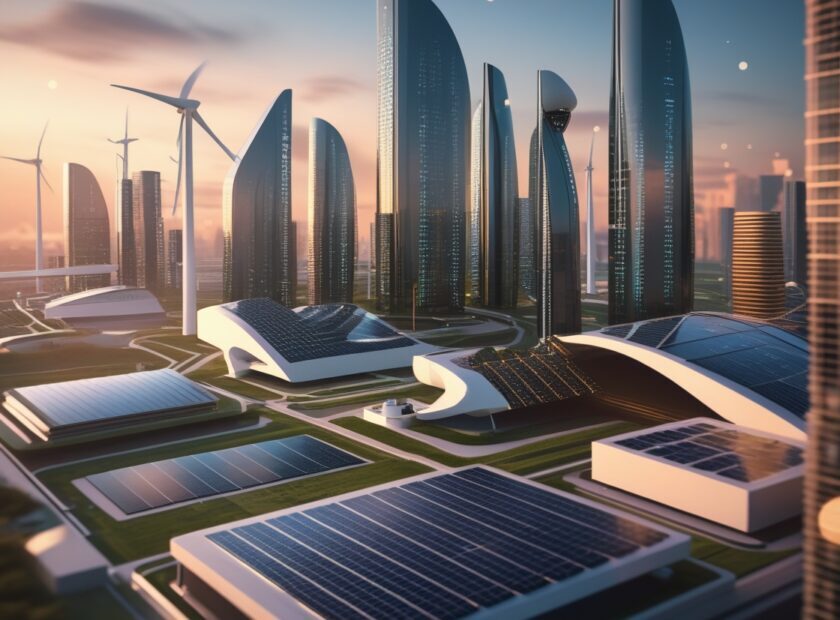How Energy-Efficient Technologies Reduce Carbon Footprints
The global climate crisis demands immediate and sustained action. One of the most effective strategies to combat this issue is adopting energy-efficient technologies. These innovations not only help reduce greenhouse gas emissions but also provide economic benefits by lowering energy costs.
Understanding Energy Efficiency
Energy efficiency refers to using less energy to perform the same task. This can be achieved through technological upgrades, behavioral changes, and better energy management systems.
Examples of Energy-Efficient Solutions
- Solar Power Systems
By harnessing the sun’s energy, solar systems reduce reliance on fossil fuels and lower carbon footprints. Modern solar inverters and panels ensure maximum energy output with minimal wastage. - LED Lighting
LEDs consume up to 90% less energy than traditional incandescent bulbs and last significantly longer, making them a simple yet impactful solution. - Smart Home Devices
Automated systems such as programmable thermostats, smart plugs, and energy-efficient appliances optimize energy use without compromising comfort.
Voltage Stabilizers
These devices ensure consistent energy supply, reducing energy wastage caused by voltage fluctuations.
The Benefits of Energy Efficiency
- Environmental Impact
Reducing energy consumption directly translates to lower greenhouse gas emissions, mitigating climate change. - Economic Savings
Energy-efficient technologies lower utility bills, making them financially viable for both households and businesses.
Enhanced Quality of Life
Reliable and efficient energy systems lead to fewer power outages and better living standards.
Energy Efficiency in Action
Businesses and governments worldwide are implementing energy-efficient practices to meet climate goals. For example:
- Cities are upgrading streetlights to LED systems.
- Industries are retrofitting machinery for higher energy efficiency.
- Homes are incorporating solar panels and smart devices.
The Road to a Sustainable Future
Energy-efficient technologies are no longer optional—they are essential for a sustainable future. By embracing these solutions, we can collectively reduce our carbon footprint, protect natural resources, and ensure a better world for future generations.




